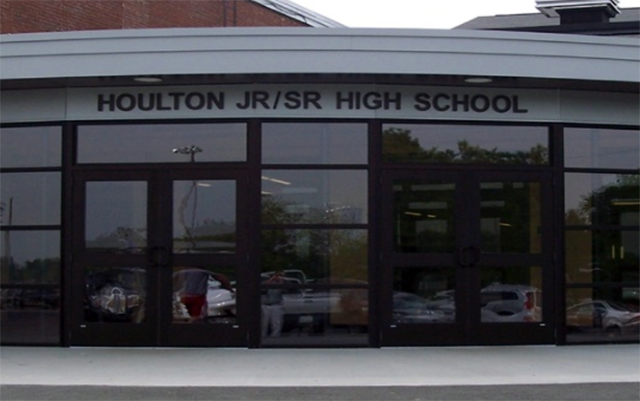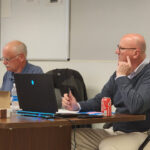HOULTON, Maine — The four municipalities that make up RSU 29 will see a reduction in their education bill for the next five months.
RSU 29, which serves the communities of Houlton, Littleton, Monticello and Hammond, first learned it would be receiving additional funds back in August when the state approved extra funds for education.
Thanks to changes in the school funding formula and an extra $162 million lawmakers approved for education, RSU 29, like many school districts around the state, saw its funding for education increase substantially.
The district received an additional $480,000 in state aid after voters approved a $13.2 million budget at the polls in November. The total budget of $13,248,772 represented an increase of less than one percent over the previous budget.
However, because the district did not include an extra warrant article at its district budget meeting last May, the board was not able to utilize those funds in the 2017-18 school year.
Instead, that additional funding was placed into the district’s surplus account and then district administrators contacted their lawyers to figure out how to best return the money to the member communities.
RSU 29 Superintendent Ellen Halladay said Thursday that the towns that make up RSU 29 do not provide their share of the district’s budget in a lump sum. Instead, they make monthly payments.
Starting with the February payment, and continuing through to June, each community will see a reduction in how much they owe the district for education.
“There is a formula that determines how much each member community will get as a percent,” she explained. “Each town will receive a letter outlining the fact that we received additional funds and how that will be dispersed.”
Halladay said the process was more complicated than simply splitting up the newfound money by a certain percentage.
RSU 29 differs from most school districts in the state because it’s operating budget has been close to the state’s guidelines for Essential Programs and Services (EPS) for the past few years. The district had to come up with $3,276,761 for its required local share and had to be certain that those funds were still collected before any returns could begin, she said.
“We wanted to be sure to provide some relief back to the communities, but to also not do anything that hurts the district (financially),” she explained.
Taxpayers may not see any return of money, she added, as each municipality will have to decide how best to use the extra funds.







